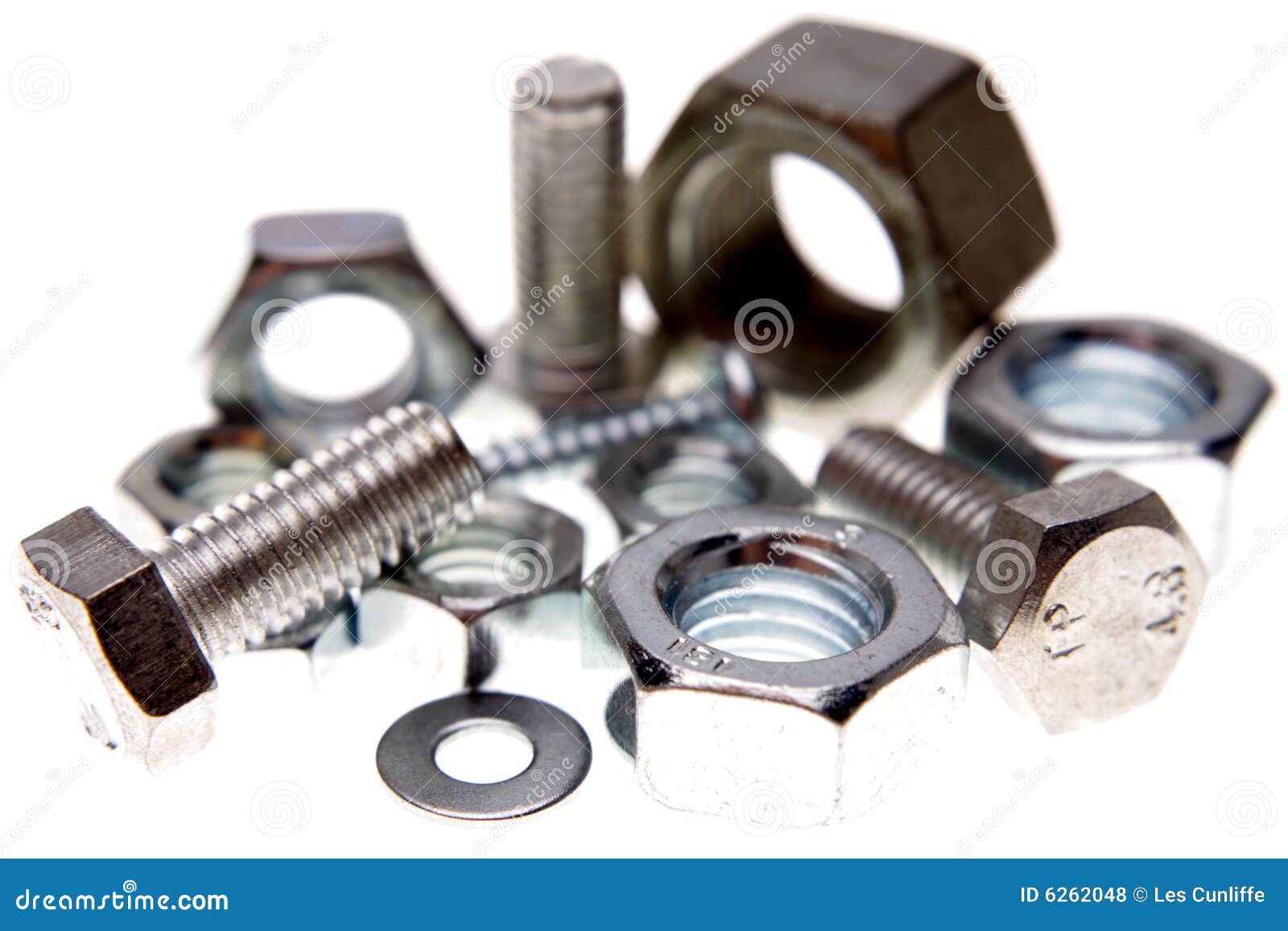In the realm of construction, manufacturing, and DIY tasks, nuts and screws play a vital role as essential components. Such apparently basic components are instrumental to the construction of countless structures and devices. Understanding the evolution of fasteners and bolts not just underscores their importance in modern engineering but also reveals the intricate designs and advancements that have appeared over the years. From their earliest iterations to the present day's varied array of specialty fasteners, the journey of nuts and screws is a fascinating testament of human ingenuity and practicality.
As we dig further into this topic, we will examine the different types of fasteners and bolts, their unique applications, and key considerations to take into account when choosing the appropriate fastener for your task. Whether you're a experienced professional or a DIY lover, having a comprehensive understanding of different components can create a significant difference in the outcome and longevity of your projects. Join along as we travel through the nuances of fasteners, screws, and everything in between, providing you with the information needed to take wise choices for your next project.
Types of Nuts and Bolts
Nuts and bolts are vital components used in multiple uses, all designed to serve distinct functions. The most widely used type of bolt is the hex bolt, characterized by its hex head, making it simpler to adjust with a tool. Another popular choice is the carriage fastener, which features a circular head and a quadrate neck that stops the fastener from turning after installation. Lag bolts, also known as lag screws, are specially designed for heavy-duty applications, offering a durable hold in wood and other materials.
Nuts also come in multiple styles, all tailored for particular functions. Standard hex nuts are commonly utilized and compatible with numerous types of fasteners, while lock nuts are designed to prevent loosening due to vibration. Washer nuts, featuring a built-in washer, distribute the load over a wider area and reduce the risk of harm to the material. Knowing these different types helps in choosing the appropriate connector for a task, guaranteeing a secure and durable connection.
For specialized needs, unique fasteners are available, such as nylon locking nuts that provide an added layer of security by preventing the movement of threads. Additionally, security fasteners, like tamper-proof nuts and bolts, are crucial in applications where access by unauthorized individuals is a concern. By learning with the different kinds of nuts and bolts, you can make informed choices that improve the efficiency of your building or fixing projects.

Materials and Coatings
These substances employed in nuts and screws play a critical role in determining their strength, longevity, and fit for diverse uses. Carbon steel is the most widely used material thanks to its high stress strength and flexibility. It’s frequently used in construction and vehicle applications. For settings subjected to moisture or harmful elements, corrosion-resistant steel is favored for its protection to rust and corrosion, making it perfect for external projects. Brass and titanium are also used, with copper alloy being suitable in electrical connections due to its conductivity, while titanium offers a high strength-to-weight ratio, making it favored in aerospace and performance-driven contexts.
Finishes are of equal importance as they enhance the functionality and longevity of nuts and bolts. Zinc coating, for instance, provides a barrier against corrosion and is commonly found on bolts used in environments where moisture is a factor. Zinc-coated fasteners, which undergo a more robust coating process, offer greater corrosion resistance, making them ideal for industrial outdoor applications. Additionally, https://energetic-eagle-nrll1z.mystrikingly.com/blog/nuts-and-bolts-in-daily-life-more-than-you-expect can provide both aesthetic appeal and functional protection against abrasion and corrosion.
Picking the suitable material and coating is vital for enhancing the performance of nuts and bolts. Factors such as the working environment, weight requirements, and chemical exposure must be factored in. For https://nicolaisen-loomis-2.federatedjournals.com/fasteners-and-components-an-green-industrial-approach , choosing corrosion-resistant coatings like PTFE or nylon can significantly increase durability in harsh conditions, while selecting a particular material can ensure the nuts and bolts can bear the necessary pressure and weight loads in their designated applications.
Specialized Fasteners
Specialized fasteners play a vital role in various applications where regular nuts and bolts may not suffice. For instance, tamper-proof fasteners are designed to stop unauthorized access or removal, making them ideal for security-sensitive installations. These special nuts and bolts often demand specialized tools for installation and removal, adding an more layer of security in environments where safety is a top consideration.
Another notable category is anchor bolts, which are important in construction for securing structures to concrete foundations. They deliver stability and strength, especially in heavy-duty projects. When picking anchor bolts, it is important to consider factors such as the type of load they will bear and the environment in which they will be used, guaranteeing that they provide the needed support for durable performance.
In addition to security and construction applications, there are also unique fasteners like nylon lock nuts. These nuts feature a nylon insert that holds the nut in place, hindering it from loosening due to vibration or movement. Their special characteristics make them suitable for various machinery and automotive repairs where keeping tight connections is essential for operational safety and efficiency.
